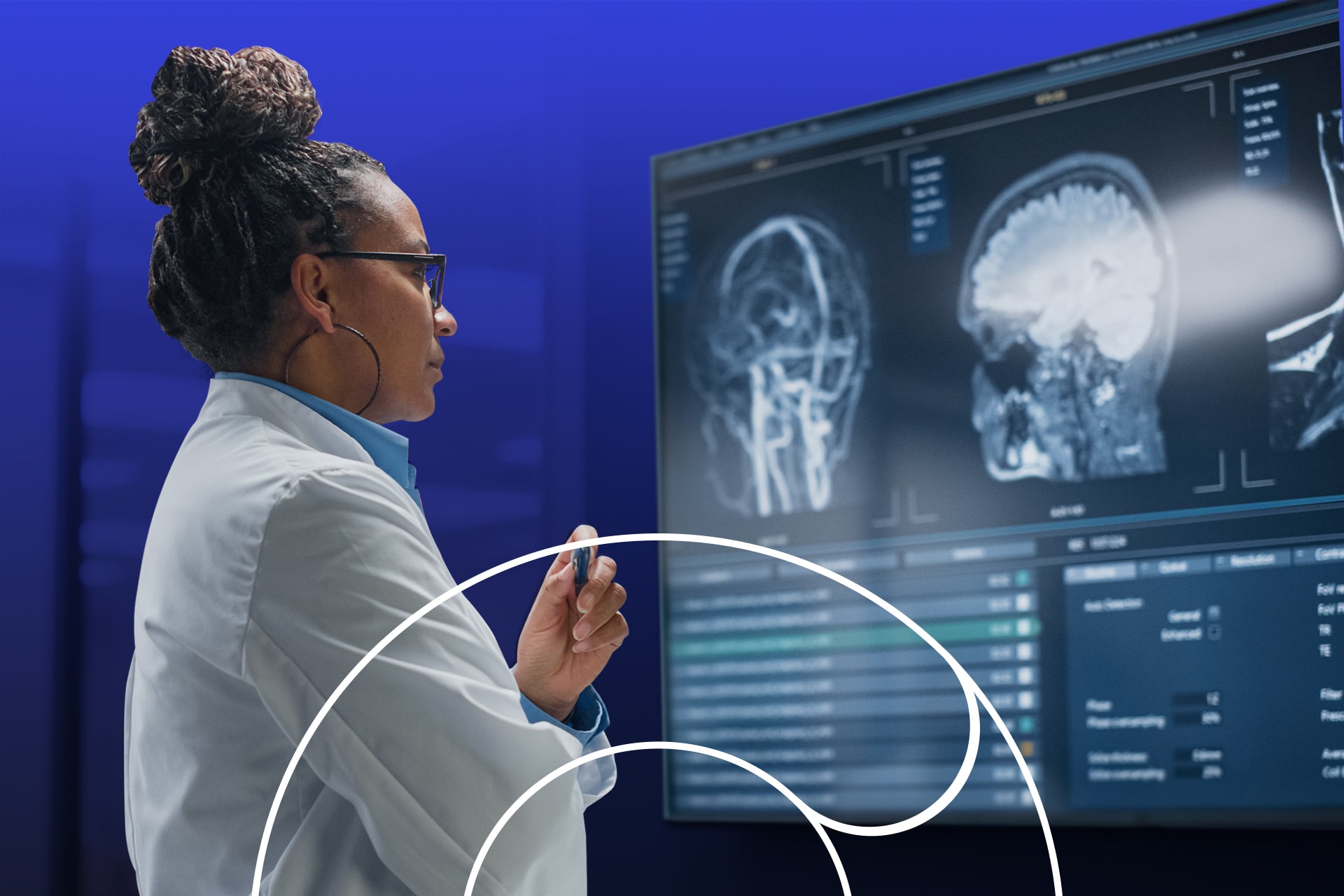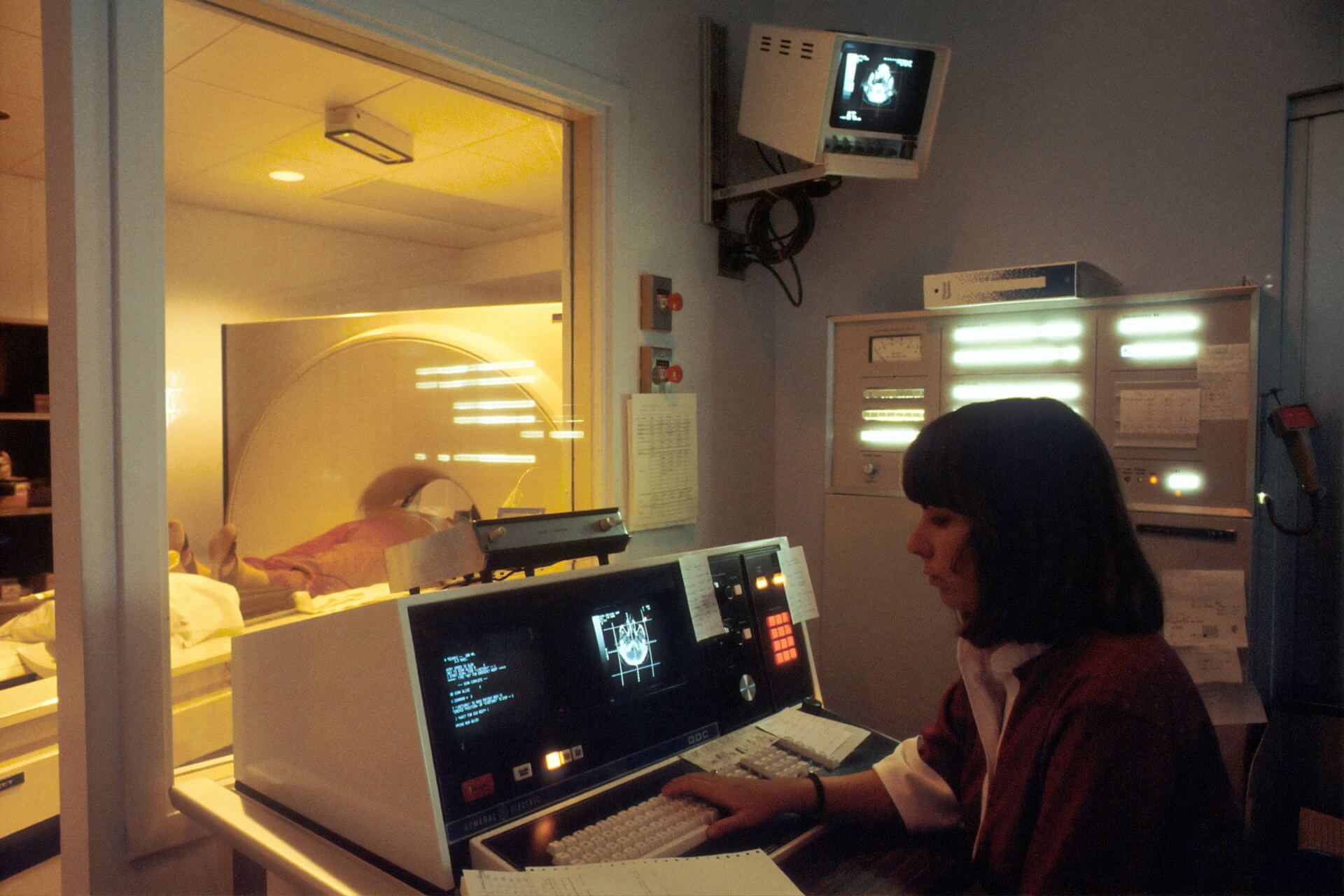
10 Questions We Still Haven’t Answered About the Brain
March 13, 2018 - Emily Newton
Revolutionized is reader-supported. When you buy through links on our site, we may earn an affiliate commission. Learn more here.
Research has taken humanity further than ever when it comes to knowing more about the world, but the brain still poses a unique case to crack for scientists. It’s brain awareness week, and that means it’s time to ponder all the fascinating things the brain can do. Here are 10 of the most confounding mysteries related to the mind.
1. Brain Awareness: What the Heck Is Consciousness?
Consciousness allows humans to experience the world in a way that’s self-directed, with complex, individual and private thoughts, opinions, feelings and preferences. It may be related to how the sensory areas of the brain connect to midbrain structures. Consciousness could arise semi-independently from various structures in the brain. Is there one area of the brain where everything comes together to produce consciousness?
Recent research points to the real possibility of consciousness stemming from a snippet of code that came from a virus lining its genetic code to the genome of animals with four limbs. Today, the surviving code packages and delivers genetic information from nerve cells to their neighbors in tiny containers that resemble viruses themselves. Linked to the Arc gene, these information packages may contain components of how nerves “talk” and organize over and over again, aspects that are the building blocks of higher thinking.
2. How Much of Personality Comes From the Brain?
The question of nature vs. nurture in personality development is hard for scientists to quantify. Some state humans are born with it — innate genetic predispositions that direct one’s psychologies. This thought opposes the blank slate hypothesis, which denies that such traits are natural and asserts that the mind is like a blank canvas or slate — individual psychologies are socially constructed. Epigenetics poses an interesting take that one’s experiences or trauma are also inherited — genetic expression is activated or paused according to circumstances of your environment. Scientists found positive experiences alter trauma-encoded genes for the better, correcting any damaged coding to potentially pass on a more positive psychology and genome.
3. Humans Sleep and Dream — But Why?
Humans spend a large part of their lives sleeping. Most don’t remember their dreams and recall only snippets. Scientists and psychologists deepened the understanding of what people dream about and why, such as to work through daily dramas or conflicting aspects of the self. Shadow selves aside, what’s the purpose behind all of it? Some scientists think the brain takes the time to process and store information as you sleep, casting away what’s not essential and encoding your long-term memory. As for dreaming itself, scientists discovered that dreaming is a real experience in the brain — when participants dreamed about faces, the areas of the brain associated with spatial activity and facial recognition lit up in scans. Dreaming is not an invented experience and is more like the waking state than previously thought.
4. How Do Humans Tune Into Memory?
Tuning into memory feels like tuning into a radio station that sounds clear on one day, but on the next, the waves are static and fuzzy — and twisting the nob gets you nowhere. The brain holds tons of information — like a computer’s hard drive, only more. Sometimes, your memory of an event differs from someone else’s, or an event you remember never happened in the first place. Scientists call these types of memories “gist memories,” where you encode a concept rather than every specific detail — leading to the brain associating similarities and overlap brain activity leading to “false” memories.
5. Is Everything Regarding Cognizance Computational?
Recall the Turing test of sci-fi films? That stems from computer scientist Alan Turing, who argued that real-world computation — which includes the brain — translates over to functional computation via a Turing machine. According to this idea, the brain is a big information processor, and organic human minds can be computable. Other scientists don’t think engineering can reproduce the brain. To them, the efforts of reproducing human consciousness in silicon are ridiculous since the brain’s best features are nonlinear interactions across billions of cells and highly unpredictable. Maybe human understanding of consciousness and cognition needs to deepen before researchers discover the possibility of an alternate and truly translatable form of computation across the physical and functional.
6. Brain Awareness: How Do Humans Perceive?
Much of perception is subjective, and beneath that, scientists are still working on the whole “what consciousness is” thing. Everyone reacts differently to sensory information like tasting chocolate or seeing red. Neuroscientists center the concept of perception around the reactivity of the nervous system, as organs take in various forms of stimulation. The texture of each sense processes alongside expectation, memory and learning. Plus, the brain controls aspects of this processing. So, scientists theorize that perception is how humans test hypotheses and observe on a daily basis, working with attention as we take in stimuli — working on objects outside itself with an exterior location.
7. Fated or Free?
Is everything in life set in course, or does free will exist for humanity? The idea of “fate” connects scientifically to cosmological determination, in which everything develops over time predictably. Indeterminism states that everything is random in the universe, including your actions. Cosmological compatibilism is the interesting love child of this debate — that the concept of free will logically fits with determinism. Experiments reveal that the unconscious mind generates what looks like voluntary acts some 0.4 seconds before conscious awareness kicks in.
In the eighties, Benjamin Libet found that humans don’t possess free will for initial movements, but the brain possesses an awareness to “veto” the process at the last instant — humans can stop but not start it. This interesting delay is called the “readiness potential” and takes a full second before awareness kicks in to stop it. Maybe life is the Matrix after all, or the glitches are data distortions.
8. How Does the Brain Make Decisions?
What triggers cravings? Is addiction a choice? How does the brain make big life decisions or decide what to wear or eat? How the brain makes decisions touches on the bigger debate of what’s predicted by the course of events — nature vs. nature — and free will. Research points to the stratum and spindle neurons as the focal areas of complex thinking found in large-brained mammals, like elephants and dolphins. Similar brain architecture across mammals lead researchers to study deliberation, result and reward and regret among mice. They found that brain activity is low until the moment of recognition, or the moment the decision comes — confidence estimation is a fundamental aspect of decision-making, but that can drop at any time. The “eureka” moment can be tracked neurologically, but finer aspects require more research.
9. How Are Humans So Graceful?
Do your talented knees regularly bang themselves into cabinets? You’re more graceful than you think, and it baffles scientists. Consider the focus it takes to thread needles and play complicated piano pieces. Motor nerve impulses are slower and haphazard in reality, but their interactions with the cerebral cortex produce fluid and concentrated actions. The brain processes what it sees within 13 milliseconds, but it must fast forward time to get in sync with the real world — remember: by 0.4 seconds.
10. How Do Humans Regulate Basic and Complex Emotions?
Remember the Pixar film “Inside Out”? It popularized the research of psychologist Paul Ekman — he found six universally recognized emotions across the spectrum of emotional response: fear, sadness, anger, joy, disgust and surprise. Each emotion motivates humans to survive, including seemingly negative emotions like sadness and anger. Some scientists liken basic emotions to programs, but it’s more likely that complex emotions are socially cultured and conditioned — combining cognizance with basic emotions.
That doesn’t mean society trained you, but it’s still a crucial aspect of your emotional development and regulation. Though particular drugs act as inhibitors to help regulate emotional disorders, scientists still struggle to interpret how emotions burst forth, in which areas of the brain and why. Kiss your big, beautiful brain.
Though there’s much left to discover about how these big brains do what they do — especially compared to other mammals — what they can do is amazing. Your brain can slow down and speed up time to orient itself in the present, and when it knows something as true for itself — it knows. Celebrate all it can do during brain awareness week! It’ll be exciting to see what science discovers about the human brain next.
Revolutionized is reader-supported. When you buy through links on our site, we may earn an affiliate commission. Learn more here.
Author
Emily Newton
Emily Newton is a technology and industrial journalist and the Editor in Chief of Revolutionized. She manages the sites publishing schedule, SEO optimization and content strategy. Emily enjoys writing and researching articles about how technology is changing every industry. When she isn't working, Emily enjoys playing video games or curling up with a good book.







